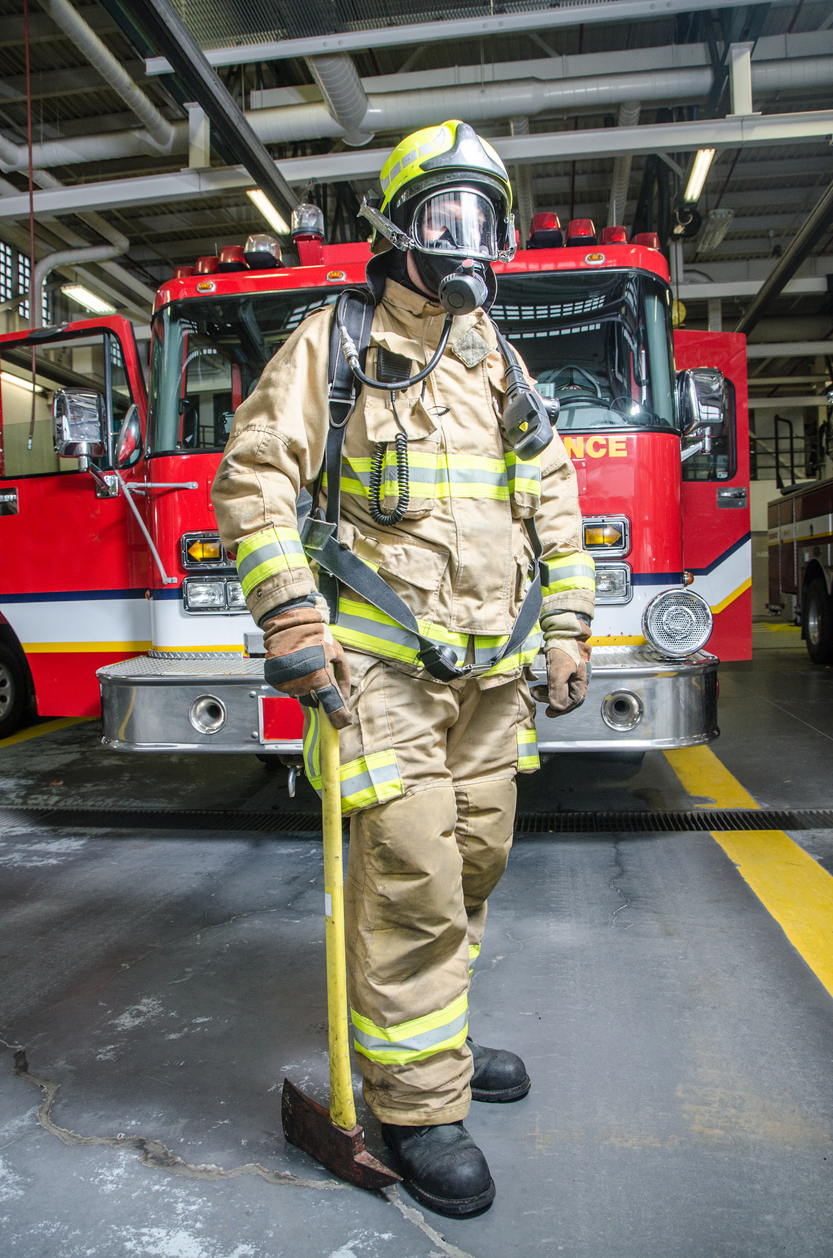
When you meet with firefighting companies to design their insurance plans, you take the chief’s experience, the number of firefighters, and the number of calls they usually make into account. As you determine new clients’ liabilities, you should also think about the supervisor’s leadership style.
Good leaders display these five skills and use them to lower the risk of on-call accidents and injuries.
1. Willingness to Think Critically
True leaders don’t jump into dangerous situations without clearly thinking through the best way to act. Firefighters who are good at critical thinking make their crews stop and evaluate their plans before taking action. They think about all their resources, such as different trucks, hoses, and personal protective equipment. Then, they begin working in a way that leaves other possibilities open. Critical thinking has to happen quickly during firefighting because lives are at stake, but it’s still important.
2. Ability to Teach and Correct
The best firefighters can teach their recruits the skills they need to put out fires and rescue victims efficiently. They also have the confidence to correct their recruits when they make mistakes, both during training and during calls. Effective supervisors know how to give instructions clearly and make their subordinates remember the correct method after a single mistake.
3. Ability to Communicate Clearly
Communication is critical for fire teams’ success, whether supervisors are laying out their plans or calling for backup. Good firefighting supervisors use their verbal communication skills to give clear instructions at a volume that their subordinates can easily understand. They also think about nonverbal communication skills, such as their body language, amount of energy, and expressions. In the middle of a call, supervisors’ body language may be hard to read because of their PPE, so having good verbal skills is essential.
4. Willingness to Hold Regular Training
Good firefighter supervisors know their team members’ skill sets and commit themselves to constantly improving their crews’ abilities. Supervisors themselves must set a model of regular training, working out with their crew members, and practicing skills during their downtime. They also must oversee training for all subordinates, both when recruits first express interest in firefighting and after they’ve been accepted to the crew.
5. Courage to Model Best Practices
Being a firefighter takes a lot of courage because firefighters are constantly in situations where their lives are in danger or helping someone near death. However, firefighter chiefs must also display courage when they remind their team members of the rules or when they deal with difficult social situations. Supervisors must be willing to tell veteran members that their behavior is unacceptable without worrying about what their team will think of them or caving to popular opinion.
About Provident Fire Plus
At Provident Fire Plus, we offer custom tailored packages to best protect firefighters and volunteer firefighters. We understand the risks that emergency response teams are subjected to on a daily basis, and have worked to serve these dedicated professionals for over 87 years. For more information about our products and policies, we invite you to contact our experts today at (855) 201-8880.

